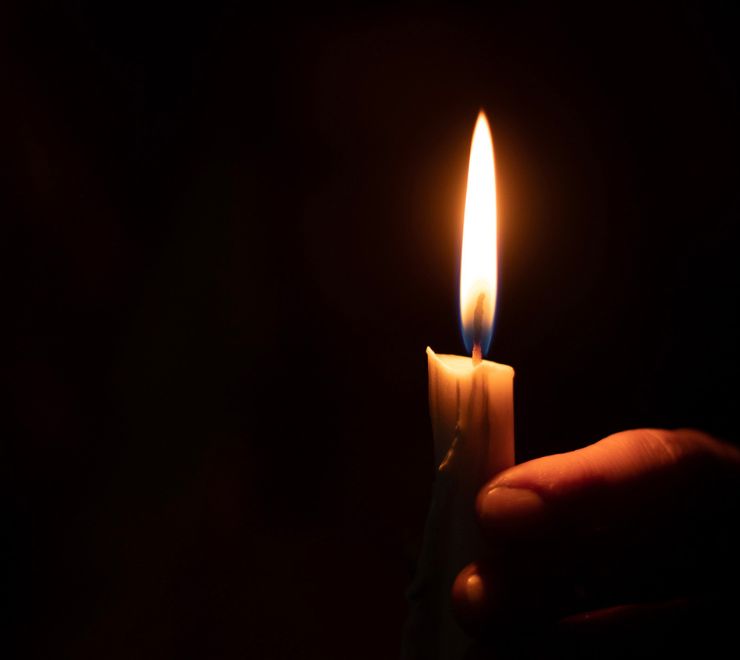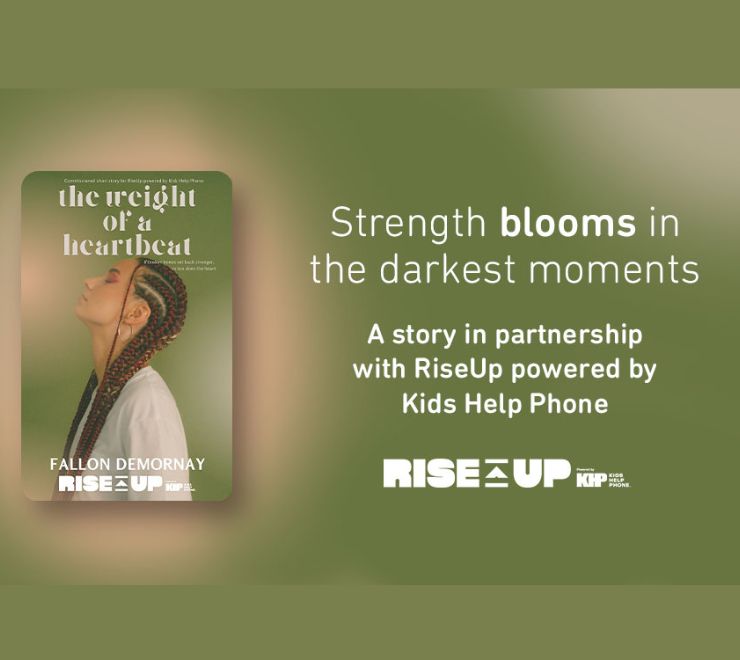Retired NBA star Jerome Williams (a.k.a. “Junk Yard Dog” on the court) is full of charm, talent and wisdom. A former player for the Toronto Raptors (among other teams), Williams is known for his determination and kindness. But he didn’t always average 6.6 points per game. Find out how Williams overcame adversity, handled rejection and worked his way up from being picked last on the playground to making it big with the NBA.
Can you tell us about a time where you felt rejected?
“Well, there were multiple instances. It started off with just playing on the playground. You know, kids not being chosen — not being picked first or even picked last,” said Williams. “Then, instead of being picked in a lottery of the 1996 draft, I got chosen last in the first round.”
“If you’re not picked first, it’s a form of rejection. I took it in and told myself if I wanted to be picked, I’d have to improve,” Williams added. “That fueled my competitiveness to show those teams that ‘Hey, you missed a good pick!’”
How did you cope?
“I prayed about it — I would go to church and feel better, not only about myself, but about my situation. I reminded myself that this is only a short period in time, and ultimately, it will help me achieve my goal. Rejection helped to fuel a weakness that I had — one that I was able to turn into a strength. In turn, this helped me reach my ultimate goal of playing in the NBA.”
Who did you turn to for support?
“I had two strong, loving and disciplinary parents who made sure I always stayed on track and had the things I needed. They showed me the meaning of hard work — and teamwork — because both had multiple jobs throughout my whole life,” said Williams.
“If you don’t have the support you need, seek that support, whether it’s a parent, mentor, coach, teacher, administrator, neighbourhood/community member, pastor … anyone who has a positive word or encouragement to give you. In order to reach your goal, you’re going to have to be able to ask questions. They’ll be able to help you get the answers you need to follow through and do the best you can do.”
What does resilience mean to you?
“Resilience is being able to overcome. I think of my three ‘Ds:’ dedication, determination and discipline. Resilience involves all three. When the sun isn’t shining, and it’s raining and cold, when things aren’t going your way, you have to remain dedicated to your cause, determined to do what you set out to do and disciplined to make tough choices.”
What advice would you give to young people dealing with rejection?
“I encourage kids to ask questions. Don’t internalize. If you’re rejected, find a way to overcome it through hard work and persistence. And remember that the people who reject you may also have issues themselves, so it may not always be your fault. Everyone is overcoming something — sometimes, you can be the scapegoat.”
Taking rejection in stride (accepting the good with the bad) can help you overcome adversity, do your best and meet your goals. If you need support, you can always talk to a friend, relative or Kids Help Phone counsellor at 1-800-668-6868.
Kids Help Phone would like to thank Jerome Williams and NBA Canada for their participation in this story!










